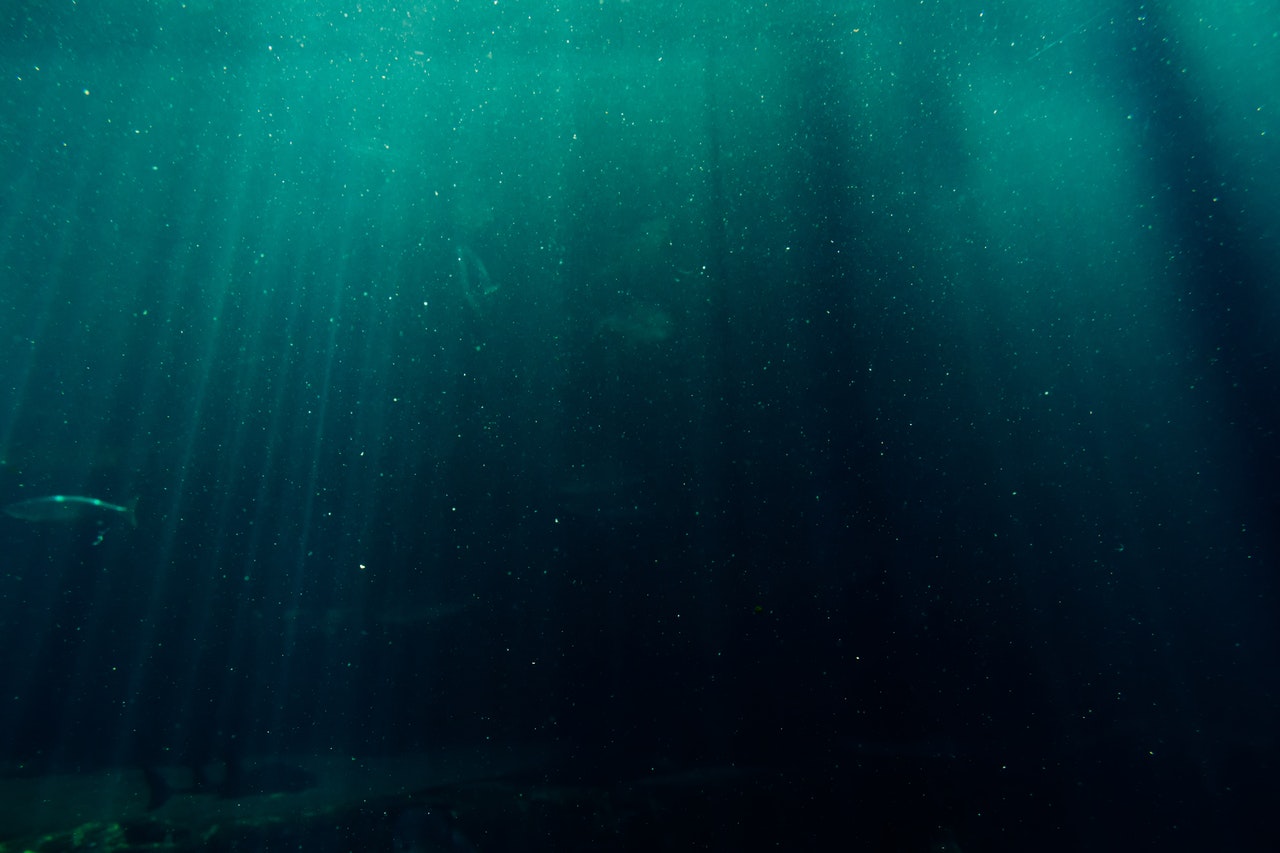There would be no oxygen on Earth if it were not illuminated by sunlight, a key element of photosynthesis. Plants, algae and cyanobacteria mainly produce oxygen.
Now, researchers have made a startling discovery: deep below the surface of the ocean, oxygen can be produced without sunlight.
Scientists have discovered that ammonia-oxidizing archaea (AOA), the species Nitrosopumilus maritimus, can survive in dark, oxygen-depleted environments by producing a life-giving substance on their own.
At the same time, they do this using a biological process unknown to science.
So far, there have been discoveries about microorganisms that produce oxygen without sunlight. But previously, they were found only in minimal quantities and only under certain conditions.
But there are a lot of “creatures” described in the new article in the ocean: it is teeming with similar microorganisms. They are so common that every fifth cell in one bucket of seawater belongs to this group of archaea.
Scientists know that AOA archaea play an essential role in the nitrogen cycle in the ocean.
For this process, they need oxygen, so it has long been a mystery to scientists why there are so many of these archaea in oxygen-deprived waters.

